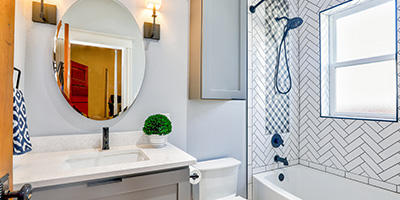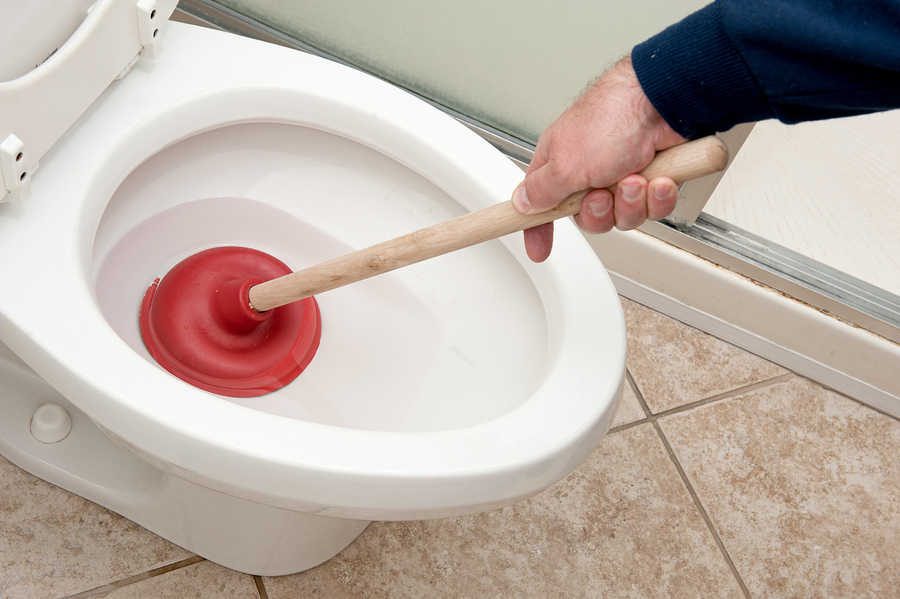Beginner's Guide to Bathroom Plumbing: Essential Tips
Beginner's Guide to Bathroom Plumbing: Essential Tips
Blog Article
The article further down about General Plumbing Tips for New Homeowners is highly compelling. Read it yourself and see what you think about it.

For new house owners, understanding and maintaining restroom plumbing can save both time and money by preventing pricey concerns down the line. Here are some important bathroom pipes ideas to help you maintain every little thing running smoothly.
Familiarize Yourself with the Main Shut-Off Shutoff
Understanding where the primary water shut-off shutoff lies in your home is important. This enables you to promptly shut off the water supply in case of significant leaks or throughout pipes emergency situations, protecting against extensive water damage.
Consistently Evaluate for Leakages
Tiny leakages can result in large issues. Frequently check under sinks, around bathrooms, and near plumbing components for any indications of leaks. Try to find wetness, little drips, or corrosion. Catching and fixing leaks early can prevent extra serious damages and save water.
Do Not Disregard Slow Drains Pipes
If your sink or tub is draining pipes slowly, it's commonly a sign of a blockage creating. Addressing this early can avoid a total clog. Make use of a bettor or a plumbing's snake to clean out debris. Prevent utilizing chemical drain cleaners as they can harm your pipes in time.
Know What Not to Flush
Toilets are not garbage disposals. Avoid flushing anything besides toilet paper and human waste. Items like wipes, feminine hygiene items, and cotton bud must be taken care of in the trash to stop clogs and sewage system backups.
Install Strainers in Drains
Area filters in your sink and bath tub drains to catch hair and various other debris prior to they enter your pipes system. Cleansing the strainers frequently will aid stop buildup and keep water moving openly.
Maintain Your Hot Water Heater
Ensure your water heater is set to a proper temperature (commonly around 120 levels Fahrenheit) to stop scalding and reduce power use. Flush the container every year to remove debris build-up, which can reduce the effectiveness and life-span of your heating system.
Update Your Components
If your home has older components, consider upgrading to more efficient models. Modern commodes, showerheads, and taps are developed to utilize less water while providing good stress, which can considerably minimize your water expense and environmental impact.
Be Cautious with DIY Pipes Services
While it's appealing to handle all home repairs by yourself, be cautious with plumbing. Some concerns may require specialist knowledge, especially if they entail primary water lines or sewer fixings. Working with an expert can in some cases be a lot more affordable than do it yourself, particularly if it stops additional damages.
Plan For Winter
Protect your pipelines from freezing during cold weather by shielding pipes in unheated areas like basements, attics, and garages. Throughout severe cold, let cold water drip from taps offered by subjected pipelines to help prevent freezing.
Arrange Regular Maintenance
Take into consideration scheduling annual inspections with a certified plumbing technician. They can spot issues that you may miss, such as covert leakages or deterioration on pipelines and fixtures. Routine maintenance assists expand the life of your plumbing system and can prevent emergency situations.
Final thought
Comprehending and maintaining your home's bathroom pipes can protect against lots of common issues. By complying with these vital pointers, you can ensure your shower room stays useful and effective, saving you money and time in the future.
Essential Plumbing Tips for Homeowners: Keep Your Pipes Flowing Smoothly
As a homeowner, understanding the basics of your plumbing system can save you time, money, and a lot of headaches. Plumbing issues can range from minor annoyances like dripping faucets to major problems like burst pipes that cause significant damage. This guide provides essential tips to help you maintain your plumbing system and tackle common issues.
Understanding Your Plumbing System
Supply System: Brings fresh water into your home from a municipal source or a well. Drain-Waste-Vent System: Removes wastewater and vents sewer gases outside. Fixtures and Appliances: Includes sinks, toilets, showers, dishwashers, and washing machines. Basic Maintenance Tips
Regular Inspections: Periodically check for leaks, corrosion, and other signs of wear and tear. Look under sinks, around toilets, and near water heaters. Know Your Main Shut-Off Valve: In case of a major leak, you’ll need to shut off the water quickly. Ensure everyone in your household knows where the main shut-off valve is located. Prevent Frozen Pipes: In cold climates, insulate exposed pipes and let faucets drip during extreme cold to prevent freezing. Use Strainers: Install strainers in sinks and tubs to catch hair, food particles, and other debris that can cause clogs. Common Plumbing Issues and Solutions
Clogged Drains:
Prevention: Avoid pouring grease down the drain and use drain screens to catch debris. DIY Fix: Use a plunger or a plumbing snake to clear minor clogs. For stubborn clogs, a mixture of baking soda and vinegar can sometimes help. Leaky Faucets:
Prevention: Replace washers and seals regularly. DIY Fix: Turn off the water supply, disassemble the faucet, and replace worn parts.

Call Today Report this page